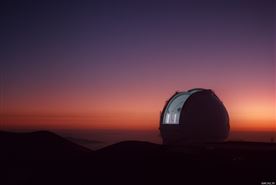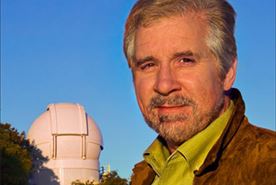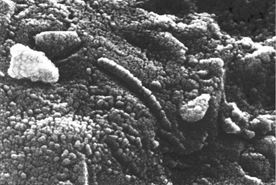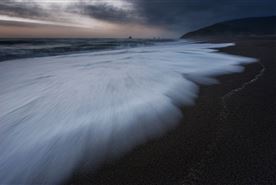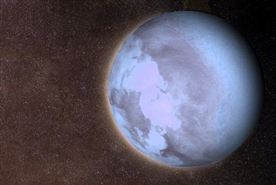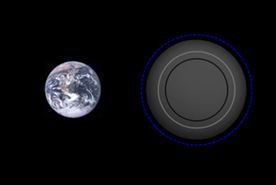YOLA 07A: A New Planet Is Discovered - p1
Adjective
coming from or existing outside the planet Earth
extra-terrestrial
Humans have long been fascinated by the possibility of extra-terrestrial life. Novels, films, and folk tales have encouraged curiosity and speculation about what might be 'out there' in space.
Humans have long been fascinated by the possibility of extra-terrestrial life. Novels, films, and folk tales have encouraged curiosity and speculation about what might be 'out there' in space.
Noun
a feeling of being surprised or amazed
wonderment
More recently, scientists have joined in on the collective wonderment after the first discovery by astronomers of a new planet - Gliese 581g - that could almost certainly support extra-terrestrial organisms.
More recently, scientists have joined in on the collective wonderment after the first discovery by astronomers of a new planet - Gliese 581g - that could almost certainly support extra-terrestrial organisms.
Verb
to give honor or recognition to someone for doing something or for making something happen
credited
Steven Vogt - one of the two astronomers credited with discovering Gliese 581g - has declared that 'the chances of life on this planet are 100 per cent' and that he has 'almost no doubt about it'.
Steven Vogt - one of the two astronomers credited with discovering Gliese 581g - has declared that 'the chances of life on this planet are 100 per cent' and that he has 'almost no doubt about it'.
Verb
to provide what is needed for something or someone to exist, continue, etc.
sustain
Firstly, Gliese 581g is located at almost exactly the right distance from its red dwarf parent star (Gliese 581) in order to sustain liquid water, which is the only known criterion for organic formation.
Firstly, Gliese 581g is located at almost exactly the right distance from its red dwarf parent star (Gliese 581) in order to sustain liquid water, which is the only known criterion for organic formation.
Adjective
having the qualities that are right, needed, or appropriate for something
suitable
Planets that orbit too close to or too far away from their stars do not have a suitable climate; this can only be found in a slender strip of solar space around each star known to astronomers as a 'habitable zone'.
Planets that orbit too close to or too far away from their stars do not have a suitable climate; this can only be found in a slender strip of solar space around each star known to astronomers as a 'habitable zone'.
Verb
not safe or suitable to be lived in
uninhabitable
Planets that grow beyond 10 times the size of the Earth tend to become gaseous and uninhabitable, without the solid or liquid infrastructure necessary for organisms.
Planets that grow beyond 10 times the size of the Earth tend to become gaseous and uninhabitable, without the solid or liquid infrastructure necessary for organisms.

